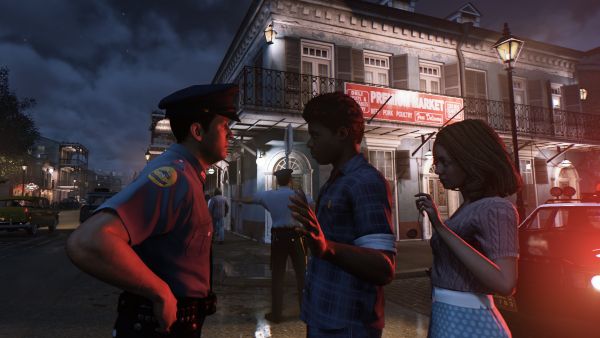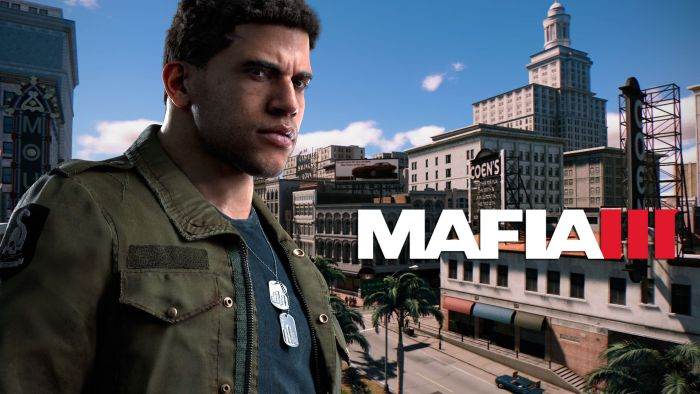Although we’re living (on the first look) in a free speech society, there are people who look for problems just for the reason of looking for problems. The fight for social justice became an excuse for attacking other people whose opinions you just can’t agree with. And in more and more cases, the primal reason for being offended is because it’s cool to be offended. This is the case with John Walker, a senior editor at Rock Paper Shotgun wrote about Mafia III’s depiction of racism in the game.

Writing how “Lincoln Clay isn’t real, the city is fictional, and his is not a story that was going untold until some people in a room invented it,” Walker forgets that the game setting is placed on American south during 1960’s, a place where racism was a completely normal (and in many places it still is) thing until a couple decades ago. He continues stating that “Anyway, this is all to say that the game is jam-packed with racial epithets and abuse, oozing out of every pore, as the character you’re playing is insulted, jeered, rejected or dismissed. And that’s a novel experience for a white dude in the UK – I cannot speak for anyone else’s perspective or experience, and clearly am not a victim of racial abuse in my daily life.”
And that’s the biggest problem. One guy, who never has been subjected to a racial abuse, tells how he thinks that a game, a work of fiction is trying too hard with its depiction of racism. Let’s be real for a moment. American South had laws forbidding people of different color to use the same restrooms, to visit “white” bars and restaurants, to sit on the front seats in busses. If something, Mafia III showed a light version of the reality people lived in during 60’s.

Mafia III’s story elements are the best part of the game (along with shooting mechanics). The story feels real because it shows the true atmosphere of the 60’s South. Walker writes about how “the game too frantically making sure you know the sorts who use such language are all dreadful, rather than more intelligently capturing the larger horror that such language – and the societal status it implied – was indelibly a part of the vocabulary of the era. That it simply wasn’t a perceived big deal that people would say this, ostensibly “decent” people would use such words without a surface-level burning ill will,” and he’s partially right. Racist vocabulary indeed was a part of the everyday dictionary; ordinary people indeed spoke in a way that would be condemned today.
But, as with Hollywood movies, AAA games are work of fiction where things are depicted in a more straightforward way, in a way were masses can look at the problem and recognize it. And that’s the part where Mafia III shines. If you want to look at the problem in a more intelligent way, see some indie movie or go read a book.
